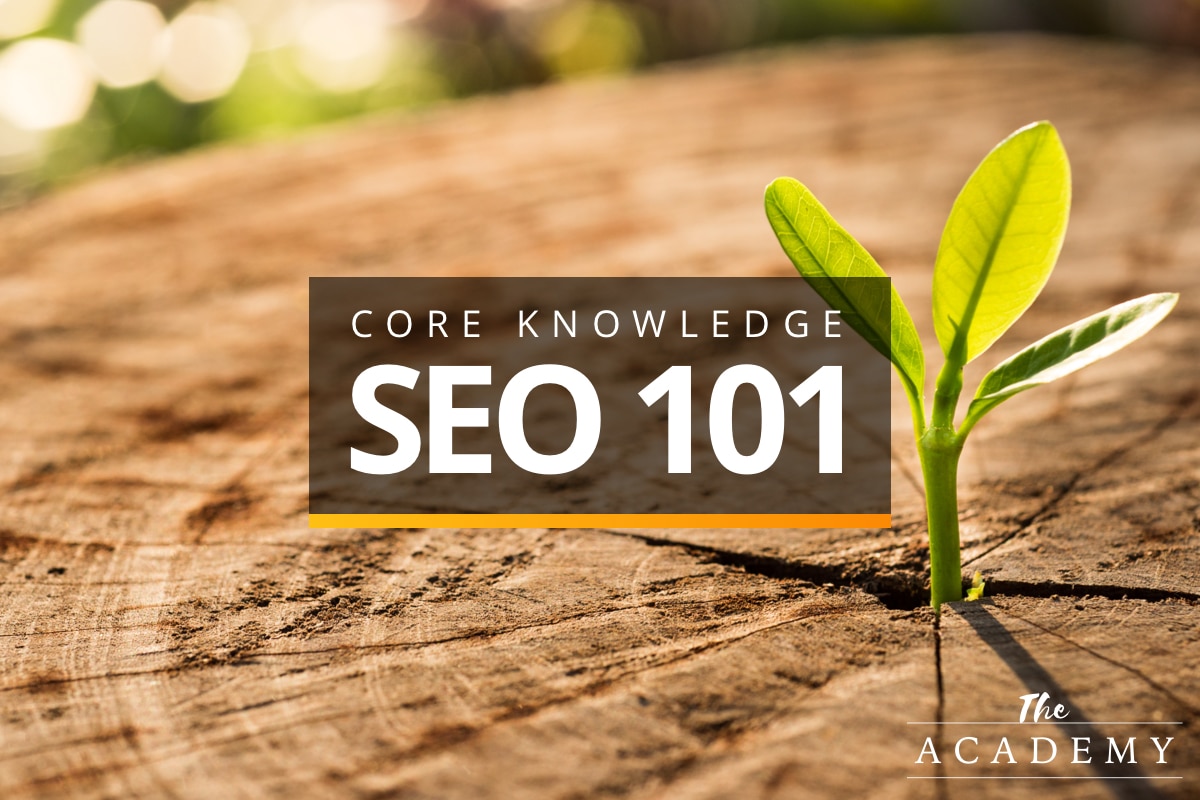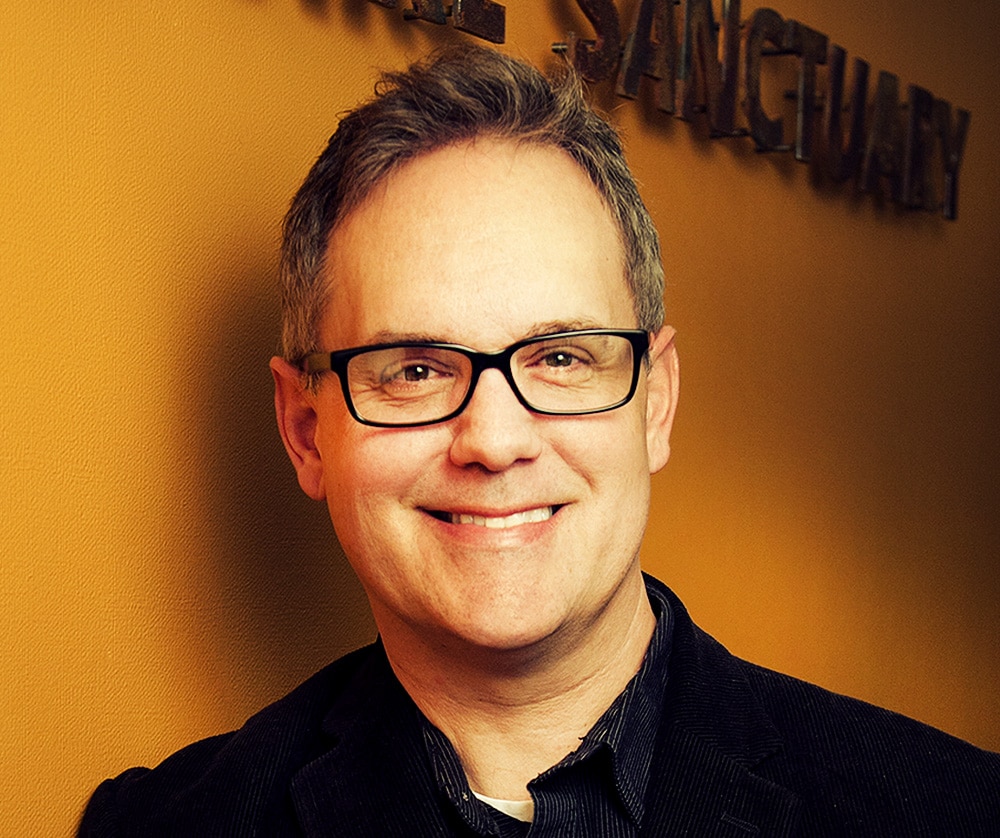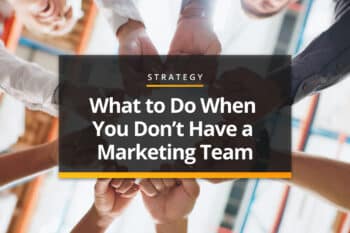
(Updated 1/2022)
“The strongest of all warriors are these two — Time and Patience.”
– Leo Tolstoy
To rank your website in the search engines you need a plan. That plan includes (but is not limited to) all of the above:
- Technical SEO Knowledge (what to do and what not to do with web design)
- Real world keyword and competitor data
- Great content, and lots of it
- Lots of high quality inbound links from reputable sources
- Analytics, data and the skills to use it when you have it
- A realistic budget
- Realistic goals
- Time
- Patience and the knowledge that your investments WILL pay off
The last few items on the list are the focus of our discussion today because I think it’s important for people to know that there is no secret magic trick to SEO. It simply takes planning, hard work, skill, time, and patience. There is no way around this like there might have been in the old school days of digital marketing.
Google never will release the details regarding how, or why sites rank above others. We obviously have a good idea based on our experience, and that experience shows that you need to create great content (lots of it), get other sites to link to your content, analyze your traffic and learn from the data, continue to optimize your site based on the current data, and hit the “repeat” button over and over and over.
Regardless of your desired SEO goals, wants, and needs, your goals are severely affected by the amount of time and budget that you have available. The work is real. Depending on your target keywords and your competition, you might actually need a lot more time and budget than a company in another category to overcome the hurdles as well. Just to mention a few hurdles…
- The size of your target market
- The number of related competitors online
- The age of your competitors company and their websites
- The current visibility and rankings of your competition vs. your own
- The amount of content that your competition has created, or the volume that they’re now creating
- The quality and reputation of the competitors website, content, and brand
- How big your competition’s budget is. (For example, they might even have a full time SEO staff in house!)
My point is that you have to have realistic expectations that involve a realistic budget of dollars and time to do the work, as well as what it’s ultimately going to actually take to compete. SEO is not created equal for all companies.
One thing is for sure, SEO is not something that you can do once to “optimize” your website. To effectively compete it requires an ongoing investment of time and resources.
“Whenever somebody asks me how long search engine optimization takes, I counter by asking them, “How long does marketing take?”
– AustinSEOguy.com
I just think that’s a great quote. So, with that quote in mind, here are some reasons why SEO takes time and requires an ongoing investment.
1. New sites don’t show up right away in the search results
Google rewards older websites with higher rankings in the results. Older websites are like elder statesmen who hold valuable experience and knowledge. If you have a brand new site, it’s rare that you will rank immediately. You have to earn your place over time.
There may even be cases when your site will be placed in what’s been called the “Google Sandbox“ for up to 6 to 8 months. This is a place in Google land where sites go to await their birth on the scene. Google may do this to control the quality of their search results and to ensure that new sites are high quality before they show up in the results – although this is only a theory.
Doing things that look unethical and unnatural can also get you banned to the Sandbox so there is no value in trying to do things that are not natural and organic to get a “jump” on the competition. The words “natural and organic” themselves describe a process that requires patience.
2. Older sites tend to rank higher in the search results
As mentioned, there might be times where – if all things are created equal – you simply can’t initially rank above the competition because their site was created in, say, 1998 and your site came on the scene in 2021. Not to mention that chances are good that they’ve spent more time creating content, getting links, etc. and it just takes time to catch up.
Overcoming this obstacle can be one of the toughest hurdles in search engine optimization and it requires a big investment in time, and again, patience.
3. Starting and running an SEO campaign involves a lot of tasks and unique skill
Many people think that ranking properly in search engines involves some big secret that can be manipulated – if only we knew what it was. Unfortunately, that is not the case and the secrets and tricks that we’ve used in the past are becoming rarer. To get started ranking in the search engines there are many, many things to do but they involve work, knowledge, experience, research, and experimentation – not tricks.
That work includes (but is not limited to) keyword research, solving domain name and hosting and website speed issues, website design, and coding concerns, architectural/navigation concerns, content optimization, analytics setup and integration, brainstorming, planning, strategy, reporting, analysis, meetings, and much more.
Just the initial start of your SEO campaign can involve months of planning, research, setup, improvements, and content creation just to get you ready to roll.
4. Search engine optimization must happen gradually and look natural
Google can be suspicious and easily spooked. For example, one of the most important parts of an effective SEO campaign is growing the number of high-quality relevant links pointing to your site. Getting links to your site is important, but you can’t get them all at once and they need to come from reputable sources.
Any success that you might gain from unhealthy link-building practices is often temporary. High-quality links are hard to get and stand the test of time; Google knows this. If your site suddenly comes on the scene and immediately has hundreds or thousands of links, Google may sideline your site for an indefinite period of time. But, if your links grow organically over time, your growth will look much more natural in the eyes of Google. Link building is a very hard part of the SEO process to manipulate and Google likes it that way.
Honestly, my best advice, if you don’t have a large budget, focus on earning links naturally because you’re creating so much valuable, evergreen content.
5. Local, national, or global?
Depending on your target market, your SEO campaign goals might be much broader and difficult to achieve than another site; therefore taking more time to achieve results. This may seem obvious but many people may not realize this fact.
Does your website target local customers or national? How about a possible worldwide audience? The answers to these questions will decide how much work is in involved, how much competition you’ll have, and ultimately, how difficult it’s going to be to rank. The more competition, the longer it’s going to take to overcome everyone in the rankings and rise to the top.
6. SEO Involves ongoing analysis
There are billions of total searches every day on the internet and Google has said that a majority of those searches are completely unique from day to day. That means that people are always finding completely unique ways to reword their searches and find what they’re looking for.
Part of SEO involves the analysis of data. What words are they using? Are there ways that people are finding you that can be capitalized upon? What things are hurting you?
Integrating analytics software into your site and constantly reviewing the results is essential to finding ways to improve your rankings. Taking the time to really digest what’s going on and then making the necessary changes or improvements takes time.
7. It takes time to develop content.
There is nothing more set in stone than the fact that Google loves content – fresh, valuable, rich content that helps people solve their problems. These days it’s not just about written content either. People love videos and audio content. Even user-generated content can be valuable, as well as creating and sharing content on social media and other “offsite” platforms.
10 pages of static content are not enough content to provide value and authority on any given subject and Google knows this all too well. So, by default, Google loves sites that are content-rich, continually updated, and improved. Many sites are basically online “brochures” that contain a certain number of pages and that’s only going to get you so far. This is one of the big reasons why blogs are so popular since they allow you to continually – and easily – add new content to your website.
8. Do you want to rank for niche terms or broad terms?
Just like your target market, there are also concerns about your goals when ranking for broad terms or long-tail niche terms. Let’s say that you sell mass-produced, exterior landscape lighting and you ship your products worldwide. Everyone in the world is a potential customer, every lighting site is a competitor and the possible keyword combinations that you can rank for when targeting a broad category like this are endless.
Now, let’s say that another company sells custom Tiffany lamps instead of every type of lighting possible. You might still have a worldwide target market and many competitors, but now you’re operating in a specific niche that is much more targeted. A targeted niche campaign will yield faster results than a broad product or service campaign just because the competition is probably lower. It all depends on your goals. The bigger your goals, the more competition you have, the longer it’s going to take.
9. Competitors are always popping up and improving
I truly believe that SEO is a GREAT investment. One metaphor that I’ve used in the past is that you can equate advertising and SEO to renting vs owning a home. If you invest in improving your organic SEO rankings, you’ll be investing in a position in the search engines that can stand the test of time – and you’ll own that position.
Another metaphor that I love is that SEO is like owning a permanent billboard along the highway. I know this isn’t usually possible. This is just a metaphor people. But the point is, once you own it, you’re extremely well-positioned to be seen by everyone that passes by. Your content and rankings in the search engines are your permanent billboards for all that pass by!
But, things are always changing on the internet. New and old competitors are always appearing and rising and falling and there is no guarantee that you’ll always keep your current position.
Over time, competitors will force you to raise the bar higher and keep improving. You’re trying to rise to the top of the rankings, other competitors are trying to do the same so you always need to keep working and improving.
10. The internet is constantly evolving
The competitive landscape is always changing, but, the world of search engine algorithms and SEO is changing even faster. You can spend many hours each week trying to keep up and keep learning. It’s a never-ending process to keep up with the news, tactics, changes, and theories that surround the science of SEO and why sites rank better than others. What might work this year, might not work at all next year, so the way we practice search engine optimization must evolve as well.
But as I’ve said multiple times now and in the past, I firmly believe, if I had to pick one thing that isn’t going to change with SEO, it’s content. If you’re going to put all your eggs in one basket, just create great, evergreen content that’s highly valuable and 10 times better than your competition and never stop. Written content, videos, audio content, social media content. Share that content via email, on your website, on social media sites, and other platforms. This is surely going to be your best investment over time. And if you can do all the other foundational best practices that I’ve recommended here, you’ll be well on your way to competing online and succeeding with SEO.
Remember, SEO is an investment. It’s not like traditional advertising. The work you do won’t usually pay off today or this week. But just like building a solid wall, house, or even a skyscraper… just focus on the first brick. Set it right and make sure it’s done properly. Then move to the next and then to the next. Before you know it, you’ll have a solid foundation. Eventually, you’ll have something that’s strong and built to stand the test of time.
Most Popular Articles

Seeing Favicons in Your Google Search Results? Here’s Why…
Have you noticed anything different in your Google Search results lately? Google added tiny favicon icons to its organic search results in January. It was…

Business Growth and Digital Marketing News & Tips 11-17-24
Are you encouraging and rewarding innovation? Lee Cockerell is the former Executive Vice President of Operations at Walt Disney World. A lover of traditional red…

Business Growth and Digital Marketing News & Tips 11-27-24
A culture of gratitude "Feeling gratitude and not expressing it is like wrapping a present and not giving it." – William Arthur Ward Beyond being…








